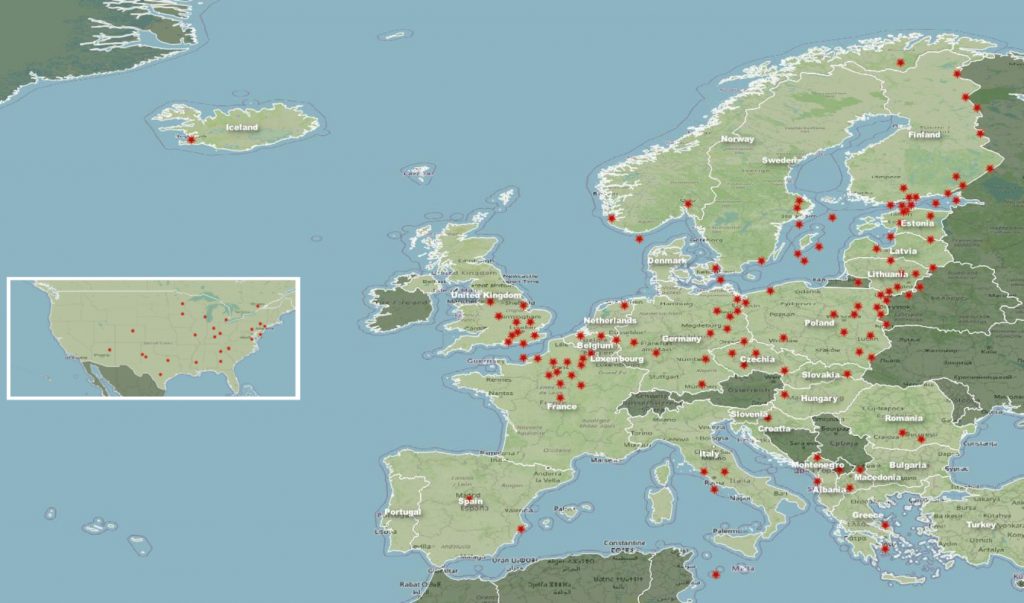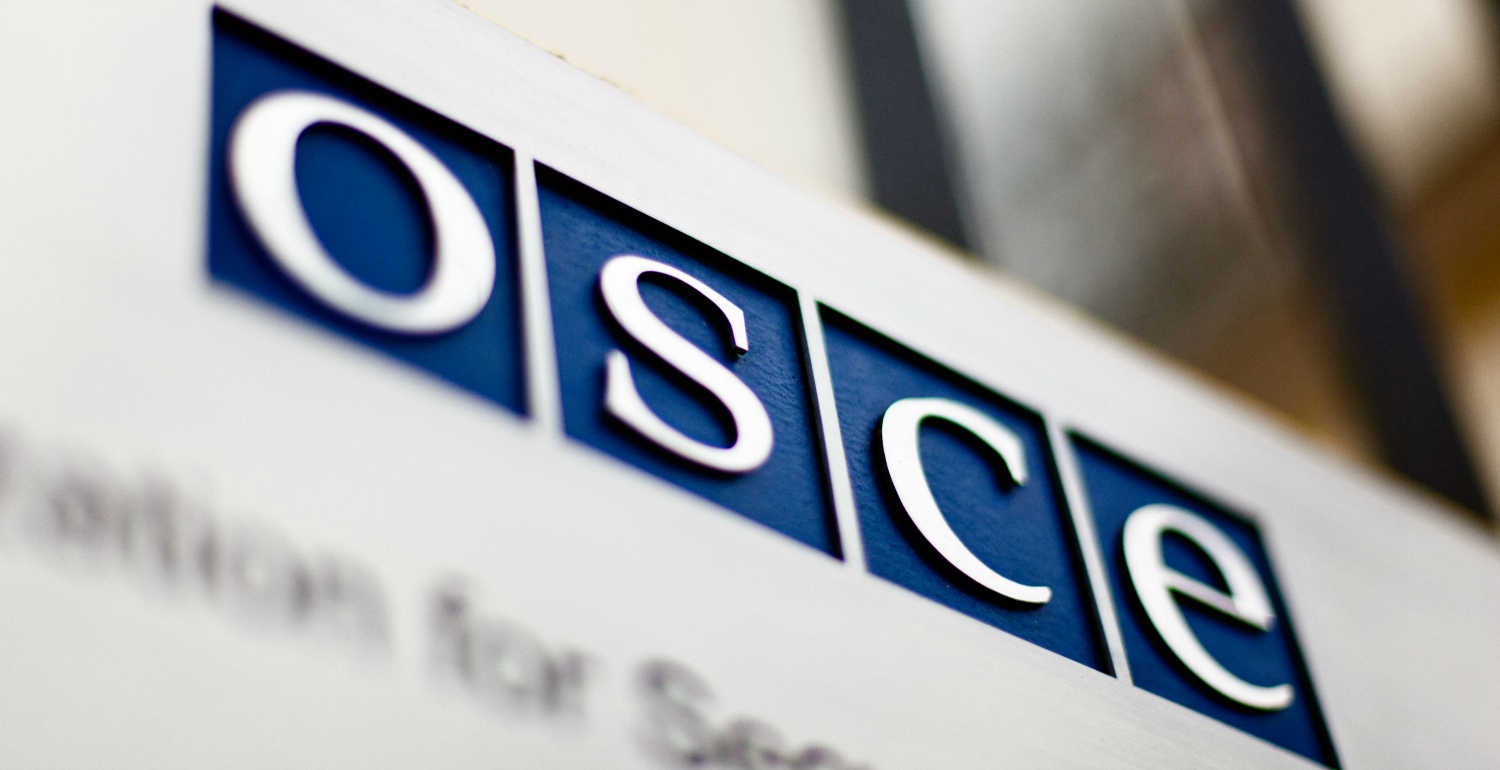Helsinki Commission staff regularly issue public reports concerning implementation of OSCE commitments in participating States, election observation, and more.
RELATED CONTENT

Spotlight on the Shadow War: Inside Russia’s A...
Dec 12, 2024Executive Summary: Since the outset of Russia’s full-scale invasion of Ukraine, Russian sabotage campaigns across North America and Europe have accelerated. Calculated campaigns of hybrid warfare show that Russia’s antagonistic […]

Contesting Russia: Preparing for the Long-Term Russi...
Sep 30, 2024Executive Summary: Russia poses a serious and persistent threat to its neighbors, the United States, and the democratic world. Even if the country’s current regime were to be replaced today, […]
The Consensus Rule
Oct 05, 2020The OSCE operates using a consensus decision-making process. Consensus fosters ownership of decisions by all OSCE participating States, enables them to protect key national priorities, and creates an important incentive […]
Human Rights and Democracy in a Time of Pandemic
May 12, 2020The outbreak of the novel coronavirus pandemic has prompted governments around the world to take extraordinary measures in the interest of public health and safety. As of early April, nearly […]
Restrictions on Civil Society in Hungary
Feb 28, 2020Since returning to power in 2010, Viktor Orban has systematically dismantled a system of checks and balances, facilitating the consolidation of control by the Fidesz government, which is now in […]
The Helsinki Process: A Four Decade Overview
Jun 28, 2019In August 1975, the heads of state or government of 35 countries – the Soviet Union and all of Europe except Albania, plus the United States and Canada – held […]

Conference on Security and Cooperation in Europe and...
Jun 24, 2019The 57 participating States of the Organization for Security and Cooperation in Europe have repeatedly committed to recognizing and respecting freedom of religion or belief. The 35 participating States of […]
The Holy See and Religious Freedom
Dec 20, 2018Because of its unique status as the universal government of a specific religion, rather than a territorial state, the Holy See is probably the least understood of the 57 participating […]
What’s Next in Putin’s Crosshairs?
Oct 18, 2018Since 1999, Vladimir Putin has led a Russian government that tramples on human rights and international norms. His government increasingly restricts freedom of the press and censorship is pervasive, especially […]
Incorporation Transparency
Oct 04, 2018“Steal in Russia and spend in the West” is how Kremlin critic Vladimir Kara-Murza describes the behavior of Russian President Vladimir Putin and his associates. A similar principle has become […]
The Russian Occupation of South Ossetia and Abkhazia
Jul 16, 2018August 2018 marks 10 years of Russian occupation of approximately 20 percent of Georgia’s internationally recognized sovereign territory. The Russian occupation, and the ensuing recognition by Moscow of the “independence” […]
The OSCE and Roma
Jul 13, 2018Roma are the largest ethnic minority in Europe and are present in most of the participating States of the Organization for Security and Cooperation in Europe. Concentrated in post-communist Central […]
